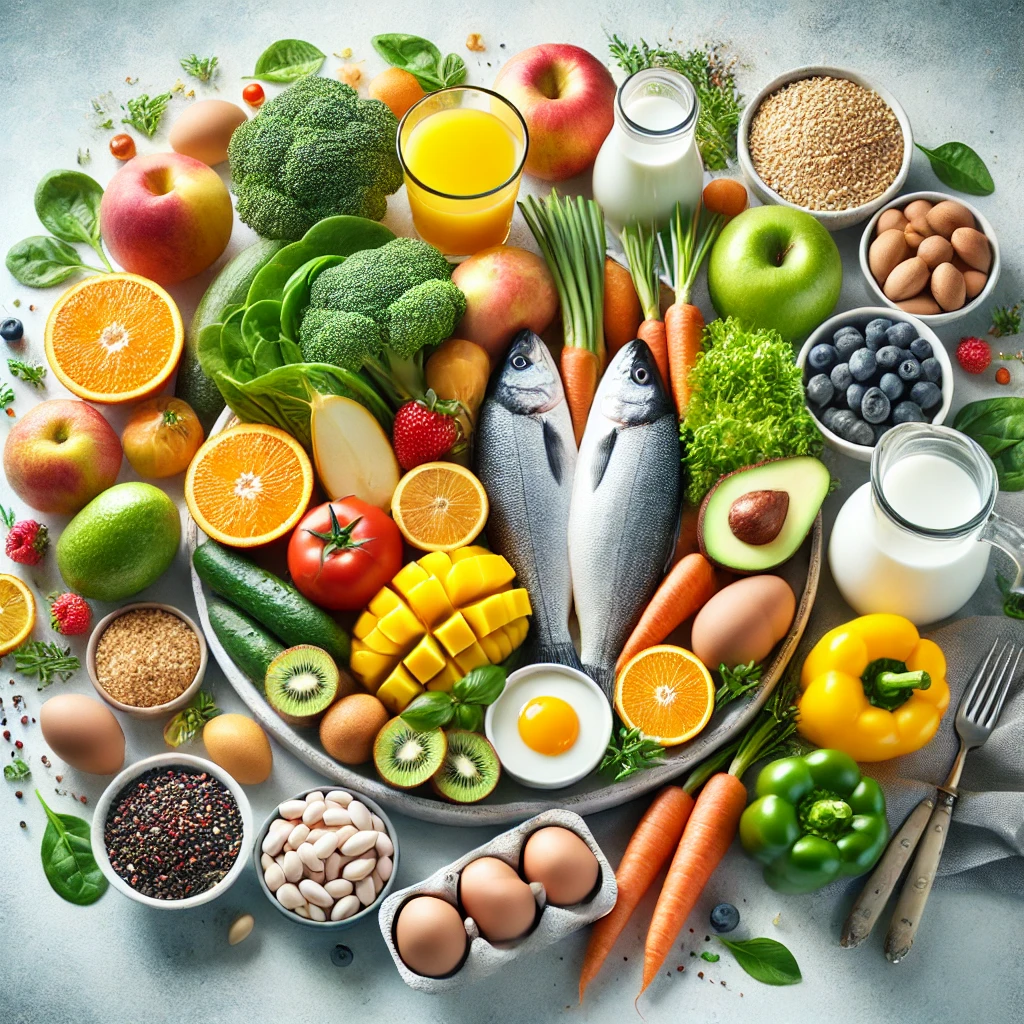Tuberculosis (TB) is an infectious disease that primarily affects the lungs, spreading through airborne droplets when an infected person coughs or sneezes. While TB is treatable with antibiotics, prevention remains the best approach. Alongside vaccination and hygiene measures, a strong immune system plays a crucial role in resisting TB infection. Needless to say, one of the most effective ways to strengthen immunity is through a healthy diet.

What is the Link Between Nutrition and Tuberculosis?
Malnutrition and TB have a.well-established connection. Poor nutrition weakens the immune system, making individuals more vulnerable to TB infection and increasing the risk of active disease in those already exposed to the bacteria. On the other hand, a balanced diet provides essential nutrients that help the body fight infections and recover faster. Evidently, undernourished individuals are at a higher risk of developing TB, while well-nourished individuals are more likely to resist the infection.
Key Nutrients That Help Prevent TB
1. Protein: Proteins are essential for building and repairing body tissues, including immune cells. Lean meats, fish, eggs, beans, and dairy products provide high-quality protein that helps the body fight infections effectively.
2. Vitamin A: This vitamin supports lung health and enhances the body’s ability to fight respiratory infections. Foods rich in vitamin A include carrots, spinach, sweet potatoes, and mangoes.
3. Vitamin C: An antioxidant that boosts immunity and helps in the absorption of iron, vitamin C is found in citrus fruits, bell peppers, tomatoes, and guavas.
4. Vitamin D: Research suggests that vitamin D plays a role in activating the immune response against TB bacteria. Sun exposure, fortified dairy products, fish, and egg yolks are good sources of vitamin D.
5. Iron: Iron deficiency can lead to weakened immunity and increased susceptibility to infections, including TB. Leafy greens, red meat, lentils, and fortified cereals help maintain adequate iron levels.
6. Zinc: This mineral supports immune function and wound healing. Zinc-rich foods include nuts, seeds, whole grains, and seafood.
7. Healthy Fats: Omega-3 fatty acids, found in fish, flaxseeds, and walnuts, have anti-inflammatory properties that support lung health.
8. Probiotics: Beneficial bacteria in yogurt, fermented foods, and traditional probiotic-rich foods like ogi (fermented maize) help maintain gut health, which is closely linked to overall immunity.
Diet and TB Prevention in High-Risk Groups
Certain populations, such as people living in crowded conditions, those with HIV/AIDS, and individuals with weakened immune systems, are at a higher risk of TB. Ensuring adequate nutrition in these groups can significantly reduce their vulnerability. Pregnant women, children, and the elderly should also focus on nutrient-rich diets to build strong defenses against infections.
Practical Steps to Maintain a TB-Preventive Diet
- Eat a variety of colorful fruits and vegetables daily.
- Incorporate protein-rich foods to support immune cell production.
- Reduce processed foods, sugary drinks, and unhealthy fats that can weaken immunity.
- Stay hydrated with water and nutrient-rich drinks like fresh fruit juices.
- Get moderate sun exposure for natural vitamin D synthesis.
Essentially, while a healthy diet alone cannot completely prevent TB, it definitely plays a critical role in strengthening the immune system and reducing susceptibility to When combined with good hygiene, vaccination, and regular medical check-ups, proper nutrition serves as a natural defense against this infectious disease. So today, make a conscious effort to eat healthy as we work together to end TB!
Subscribe to our newsletter for more health updates.









